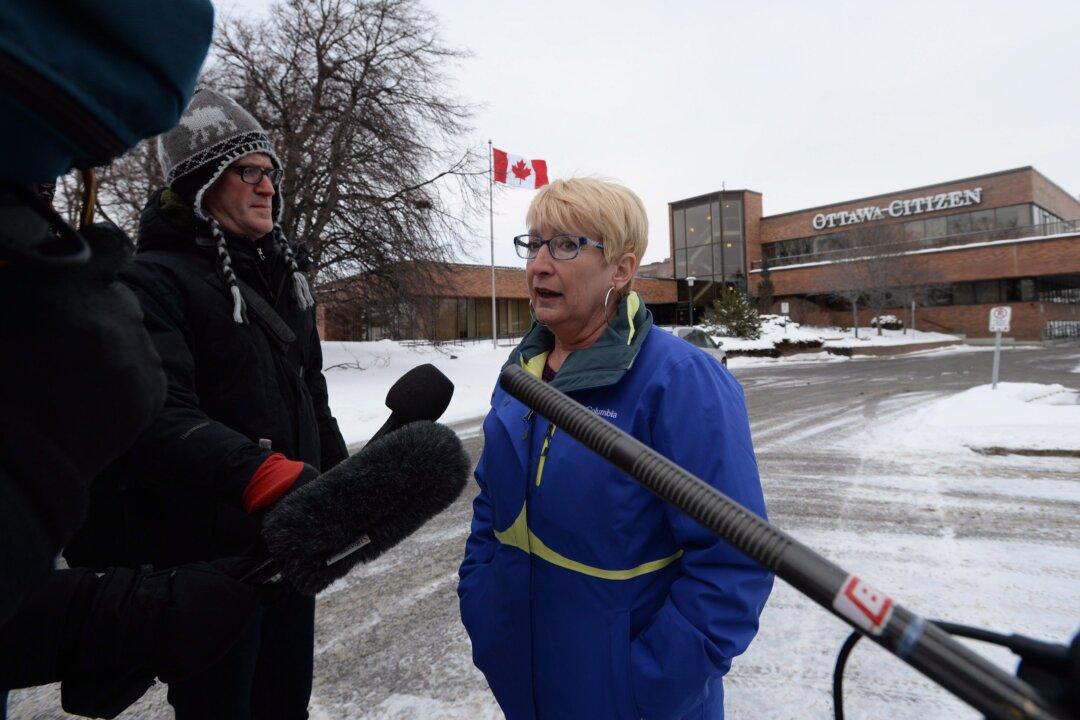Transportation groups are already beginning a dialogue over potential items to consider ahead of the upcoming review of the Canada Transportation Act set to begin in 2015.
The last comprehensive review was released in the summer of 2001 only months before the 9/11 attacks, which altered many of the priorities. A recent commentary, What’s Next for Transportation Policy, released by the Conference Board of Canada, suggests that the next review should include user pay models, demographics, and the lifecycle of transport investments.
“In the briefing, what we looked at in particular was what had been recommended in the last review and what had been implemented,” says Vijay Gill, the Conference Board’s director of policy research.
Gill notes that many of the recommendations from the previous report were never implemented, including the need for competitive access to existing rail tracks, increased competition with air passenger transport, and that urban transit qualify for funding from road user charges. A national transportation policy or strategy has been called for by some groups since the last report.
“We do have a national transportation policy in the act, although it is not necessarily covering what people want it to cover,” says Gill. “The difficulty is that the way it is written is that it is not clear enough on the principles.”
The Conference Board suggests that although some of the areas of infrastructure are outside of federal responsibility, it still envisions a role for the government. That view is shared by the Canadian Urban Transit Association, an advocacy group for public transit services.
“One of the things for us is the clear recognition of the federal role in urban mobility. The act is focused on the traditional areas that the federal government has been involved in, but public transit isn’t part of it,” says CUTA’s Patrick Leclerc.
“The federal government has spent considerable funding on public transit.”
Leclerc insists funding is only a part of the role that Ottawa could potentially play in transport and envisions it acting as a type of coordinator between other government levels.
According to Ted Bartlett, acting president of Transport Action Atlantic, management of VIA Rail and Transport Canada have “missed the train” on the role of passenger trains in Canada in the 21st century.
“Air is generally the first choice, but not for everybody. There is a considerable constituency of people who prefer not to fly for various reasons, ranging from cost to inconvenience,” says Bartlett.
VIA Rail has proposed ending service for 70 km of track in New Brunswick, including Bathurst, Miramichi, and Campbellton. The closure would mean no more passenger trains east of Quebec.
“These are communities that do not have a lot of other transportation options. They have virtually no air service, certainly none to other communities in Atlantic Canada. They have bus service, which is sporadic and has a doubtful future, as is the case for bus service in many places in Canada. The train is vitally important to those people who live on that track,” says Bartlett.
Bartlett says what is currently being proposed is a greater role for the federal government, which should become involved in the discussion.
Kaven Baker-Voakes is a freelance reporter based in Ottawa.
Ottawa Urged to Play Greater Role in Transportation
Transportation groups want Ottawa to play a greater role in public transportation.

The Ocean, Via Rail's Halifax-to-Montreal passenger train, sits at the station in Halifax in June 2012. Transportation groups are urging Ottawa to play a greater role in public transportation. The Canadian Press/Andrew Vaughan
|Updated:



